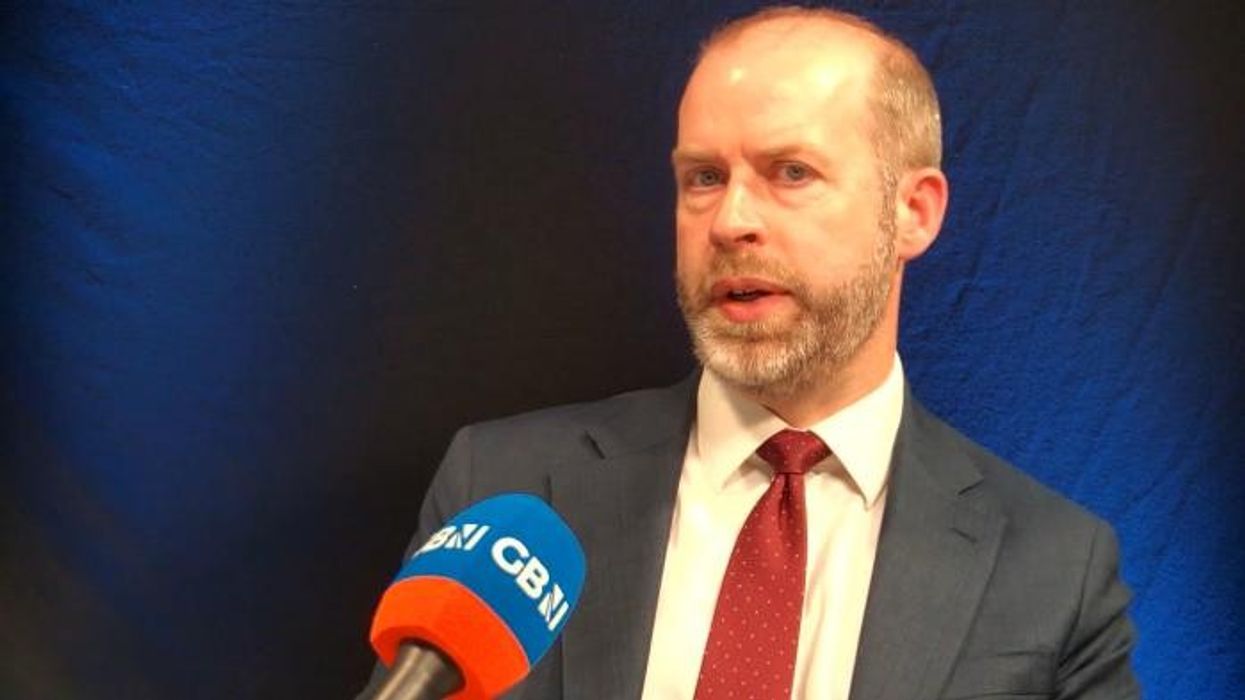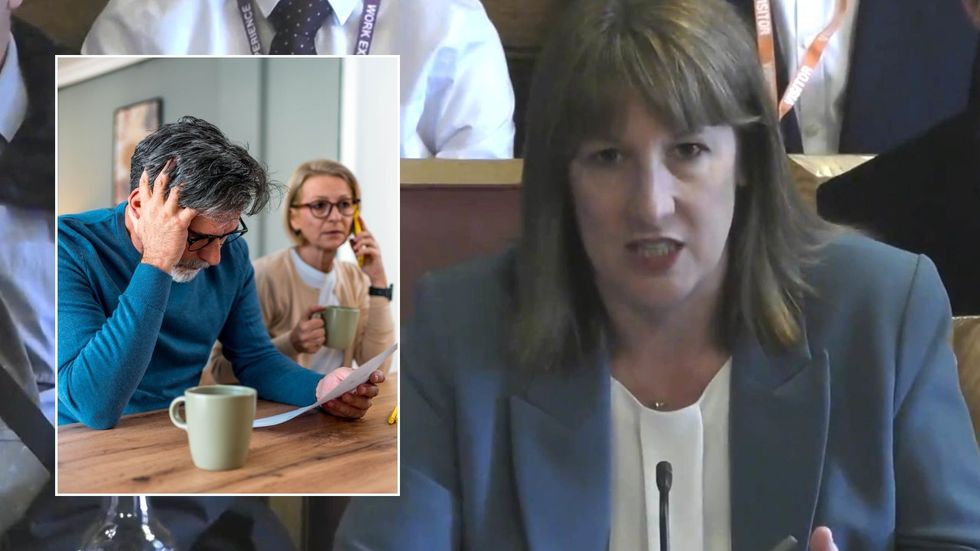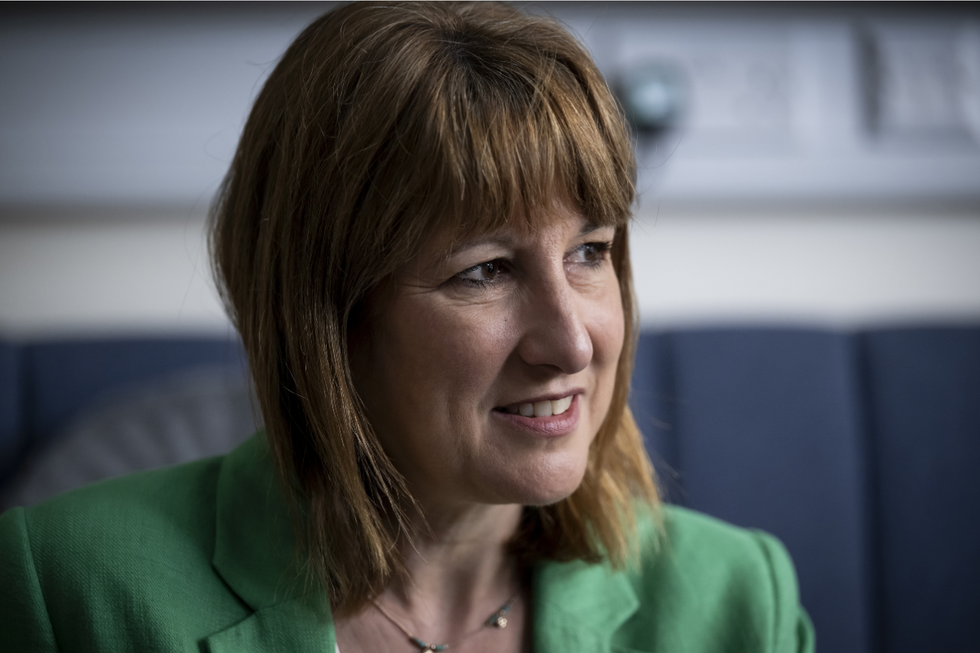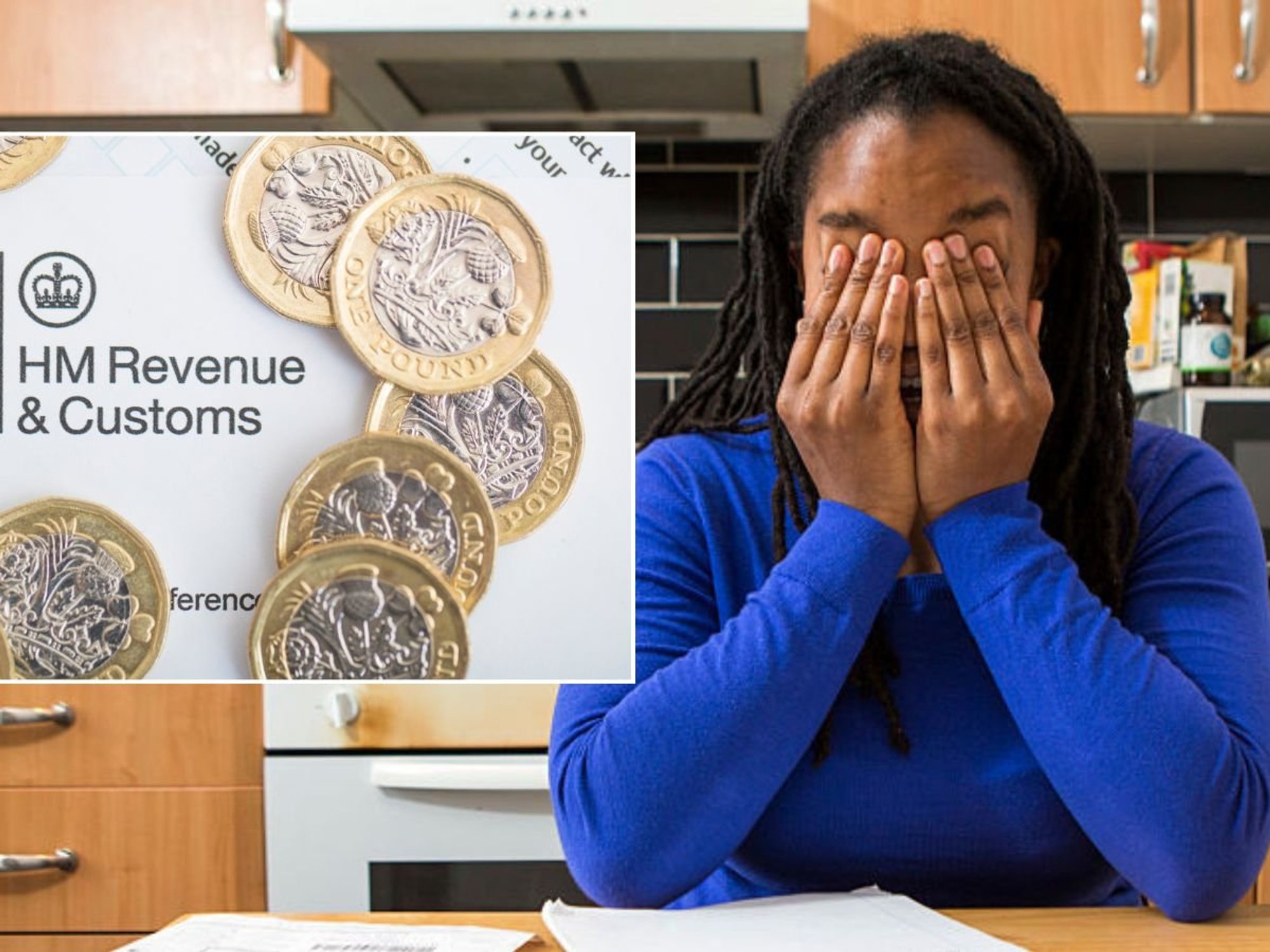Pension tax raid would be 'dangerous gamble' for Britain, Rachel Reeves warned

Jonathan Reynolds on wealth tax |
GB NEWS

Analysts are urging the Chancellor to avoid changes to pension tax relief in the upcoming Autumn Budget
Don't Miss
Most Read
Latest
Chancellor Rachel Reeves has been warned a tax raid on pensions in the Autumn Budget would be a "dangerous gamble".
Tax advisers across the UK say they have seen unprecedented activity as pension savers scramble to maximise their contributions before potential changes to tax relief rules.
Accountants and wealth managers have reported a notable uptick in enquiries and deposits over recent weeks, with many clients anxious about the Chancellor potentially reducing the generous tax breaks currently available to higher earners.
Under current rules, contributors receive tax relief at their marginal rate - 20 per cent for basic-rate taxpayers, 40 per cent for higher-rate payers, and 45 per cent for those in the additional bracket.
Several advisers confirm their clients are accelerating planned contributions, hoping to benefit from existing relief levels whilst they remain intact.
Industry voices are sounding alarm bells about the potential consequences of reducing pension tax relief.

Reports are circulating that the Chancellor is considering changes to pension tax relief
|GETTY
Arjun Kumar, founder of Taxd, warned that while such measures might boost Treasury revenues in the immediate term, they represent a "dangerous gamble with Britain's future".
He argued targeting earners above £50,000 would breach Labour's commitment not to burden working people with additional taxes. This would impact small business proprietors, NHS staff, police officers, teachers and private sector professionals alike.
Kumar highlights a critical paradox: discouraging pension savings could ultimately increase state welfare costs as more retirees become dependent on Government support.
He also cautioned that removing tax incentives could trigger capital flight, with investors redirecting funds away from UK companies towards international markets, potentially stifling domestic economic growth.
Do you have a money story you’d like to share? Get in touch by emailing money@gbnews.uk.

Chancellor Rachel Reeves is under scrutiny over her tax plans
| PAThe Government is forging ahead with plans to bring pensions within the scope of inheritance tax, dismissing widespread industry opposition. Officials maintain these reforms will eliminate "distortions" that have transformed pension schemes into wealth transfer vehicles rather than retirement funding tools.
The changes aim to address "inconsistencies" in how different pension types are treated for inheritance tax purposes. However, financial professionals have launched scathing critiques of the proposals.
Rachel Vahey from AJ Bell accused HMRC of squandering an opportunity to abandon the original plans, instead pursuing a framework that will create "confusion, complexity and additional costs for bereaved families."
Rowan Morrow-McDade from Alexander & Co Chartered Accountants reports clients are "making pension contributions now, ahead of any potential pension changes," with particular concern about possible restrictions on relief for higher and additional rate taxpayers.
Greg Moss of Eleven 2 financial planning observes that many high earners who strategically use pension contributions to keep their income below £100,000 are accelerating deposits planned for future tax years.
Some retirees are even withdrawing their 25 per cent tax-free lump sums early, despite no official threats to this allowance, analysts claim.
LATEST DEVELOPMENTS:
 Around 46 per cent of these pension holders are not claiming their pension tax relief on contributions | GETTY
Around 46 per cent of these pension holders are not claiming their pension tax relief on contributions | GETTYLisa Caplan from Charles Stanley Direct Advice and Guidance confirms increased client discussions about early withdrawals, noting concerns about the "possibly diminishing" future of tax-free retirement cash.
Financial planners are urging caution despite understanding clients' anxieties ahead of this October's fiscal statement.
David Stirling, an independent financial adviser, acknowledges that whilst one client was counselled by their accountant to deposit funds into a self-invested personal pension this week, "it's important to remember that policy details remain unclear until Budget day."
Jason Hollands from Evelyn Partners suggests the government might find reducing the £60,000 annual allowance more feasible than eliminating higher-rate relief, given potential backlash from public sector workers, particularly medical professionals.
More From GB News










